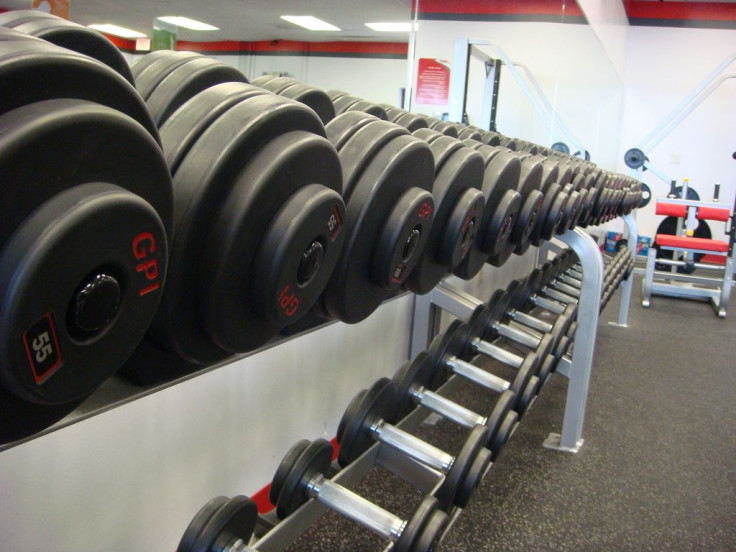Yes, You Should Wear a Mask in the Gym

The global pandemic has made life difficult for gym users. When gyms closed, many resorted to home workouts or walks along trails. But when the gyms began to reopen, a new hurdle arose: Can you exercise while wearing a mask? Some research has said no, but a new study says, mask up with confidence.
While study after study has shown that wearing a face mask can prevent catching or spreading COVID-19, there has been concern for safety when strenuously exercising with a mask on.
Droplets can travel farther with powerful respirations which is why it is important to keep the distance and keep a mask on.
Leading factors for complications of COVID-19 include obesity, diabetes and hypertension. Exercise helps prevent these serious medical issues which is why researchers want to determine if strenuous exercise is safe when wearing a mask.
A study published November 3rd suggests that masks may not impair your workout.
Researchers at University of Saskatchewan in Saskatoon, Canada, discover masks have no harmful effect when participating in vigorous exercise.
This study was made up of 14 physically active and healthy men and women. Participants began with a 5 minute rest period then a 5 minute warm-up on a stationary bike. All participants were monitored with non-invasive measuring tools. The exercise test required participants to progressively increase intensity while maintaining a pedal rate. Once they broke the pedal rate, the test ended. This was repeated three times; once wearing a surgical mask, once with a three layer cloth mask and once with no mask. Throughout each test, the participant’s blood and muscle oxygen levels were recorded. Heart rate, oxygen saturation and rating of perceived exertion were recorded every 30 seconds
The results showed that the time to exhaustion and peak power reached was not different for either type of face mask compared to no face mask conditions. The oxygen saturation level while exercising with a face mask was no different than the data collected from exercise without a face mask.
Researchers in this study concluded that wearing a surgical or cloth mask does not make a difference in performance during a progressively intense exercise. Other studies suggest performance is impaired when wearing a face mask during exercise. One study by Fikenzer and colleagues in May 2020 concluded that medical masks impair quality of life. In Fikenzer’s study, participants wore a spirometry mask over the surgical mask to monitor cardiopulmonary and metabolic status. This would seal the surgical mask to the face, making it more difficult to breath and compromising the evaluation.
A study conducted by USask provided evidence that wearing a face mask during exercise has minimal impact on blood and muscle oxygenation. Mayo Clinic says exercising with a mask, under certain conditions, is safe. Surgical masks may not be your best option, since sweat can break down the material. N95 masks are not recommended when exercising because they have been found to increase humidity and heat, making accelerated breathing difficult. And those with certain chronic illnesses should go without a mask, and therefore should exercise at home. Patients with asthma, lung disease or chronic obstructive pulmonary disease are not recommended to work out with a mask on.
If you experience dizziness, drowsiness, fatigue, headache or weakness when exercising with a face mask, you should stop until they subside. If possible, remove your mask and take slow breaths to reduce stress on your lungs and heart. If your symptoms worsen or continue, seek medical attention.
Samantha Lucero is studying nursing at Drexel University.
Published by Medicaldaily.com



























